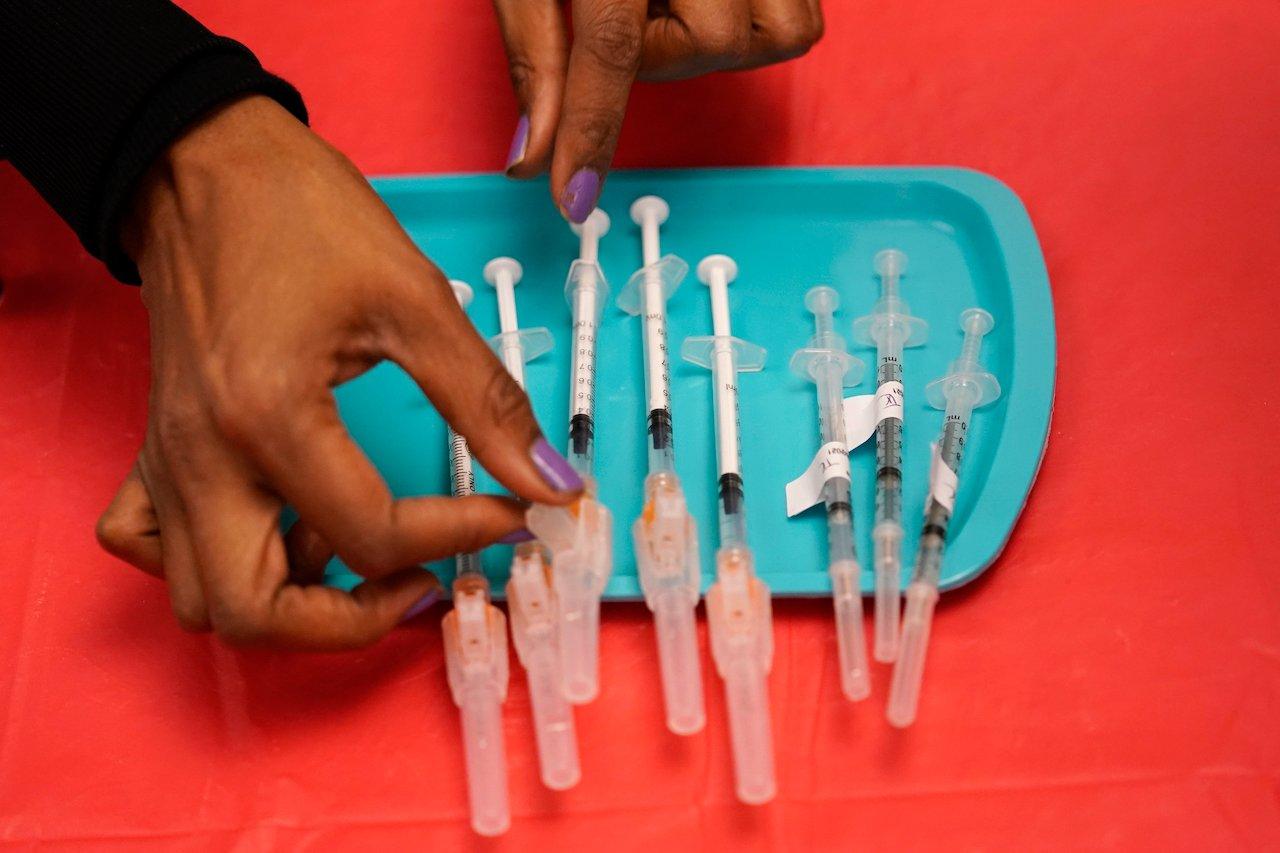‘Russia up to its old tricks’: US fights Covid-19 jab disinformation
The stakes are high as Russia and China compete with the West to distribute their own vaccines to the developing world and gain influence.
Just In
The Biden administration said on Monday it is taking steps to combat Russian disinformation aimed at undermining international confidence in the vaccines produced by Pfizer and other Western companies.
“We will fight the disinformation with every tool we have,” White House press secretary Jen Psaki said during a press briefing on Monday.
On Sunday, the Wall Street Journal reported that four publications, all fronts for Russian intelligence, have taken aim at Western-produced Covid-19 vaccines with misleading coverage that exaggerates the risk of side effects and raises questions about their efficacy.
The State Department confirmed the WSJ report on Monday, saying officials had identified four Russian online platforms that are spreading disinformation about the vaccines.
“It is very clear that Russia is up to its old tricks, and in doing so is potentially putting people at risk by spreading disinformation about vaccines that we know to be saving lives every day,” said Ned Price, the State Department’s chief spokesman.
Pfizer’s vaccine has been the prime target of Russian misinformation, according to a report released Monday by the Alliance for Security Democracy, a nonpartisan initiative that studies disinformation and other campaigns by autocratic governments.
The alliance examined public propaganda messages from Russia, China and Iran spread via Twitter, state-sponsored news sites and other avenues.
“Russia was the most likely of the three studied countries to suggest linkages between the Pfizer vaccine and the subsequent deaths of vaccine recipients,” the report states.
Russian-controlled media outlets and government officials often implied there was “a causal connection” between the vaccine and the deaths of vaccine recipients – when in fact, none had been established or had even been proven to be unrelated.
“The emphasis on denigrating Pfizer is likely due in part to its status as the first vaccine besides Sputnik V to see mass use, resulting in a greater potential threat to Sputnik’s market dominance,” the Alliance report says. Sputnik is the Russian-made vaccine.
Bret Schafer, an expert on disinformation and one of the report’s authors, said the stakes are incredibly high as countries like Russia and China compete to distribute their own vaccines to the developing world.
“When you look at their effort to get the vaccine approved in Mexico and Latin America, that’s a big economic win for them and also gives them diplomatic leverage.”
He said the reliance on information that is “loosely true” also makes it harder for fact-checkers and social media sites to knock down.
Subscribe to our newsletter
To be updated with all the latest news and analyses daily.
